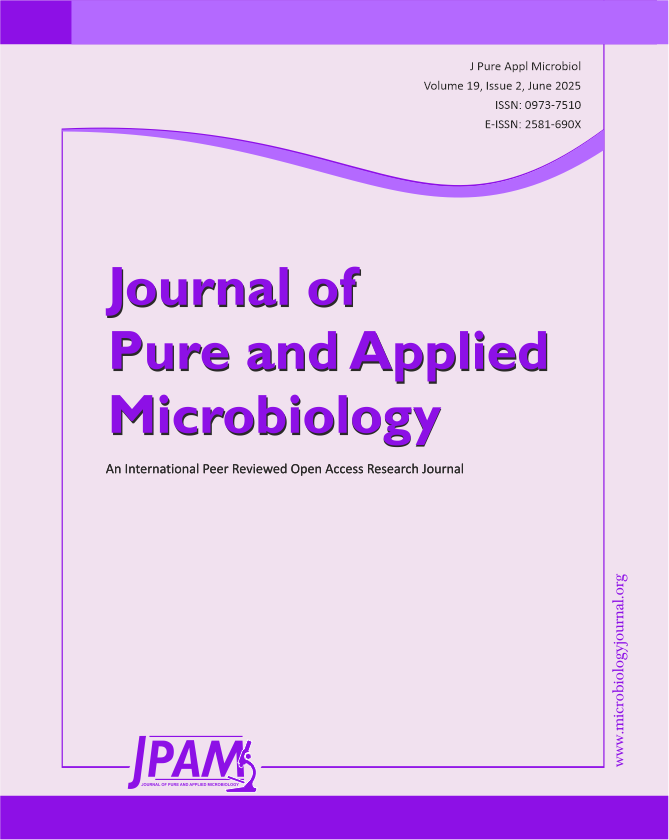Study was undertaken to evaluate gene recoding as an approach for vaccine development. Fis a transcriptional regulatory protein regulates the expression of more than 200 genes in different growth phases and at least 42 genes during exponential growth phase in Pasteurella multocida. We recoded this gene by replacing the codons with synonymous rare codons, without changing the amino acid sequence, to study its effect on growth and virulence in P. multicoda. The recoding of fis gene resulted in compromised competitive growth between recoded and wild strain bacteria in nutrient depletion condition. The bacterial uptake within murine peritoneal macrophages and adherence to Madin-Darby Bovine Kidney cells (MDBK) were significantly reduced (P < 0.05) but there was no difference in complement mediated killing between the recoded and wild strains. The Western blot had shown 2.08-fold reduction in the expression of fis protein in the mutant strain as compared to the wild strain In vivo pathogenicity study in mice showed one log decrease in LD50 of recoded strain. The results indicate that recoding of a key metabolic regulator is a viable option for attenuation of pathogenicity.
Genome Recoding, Rare Codons, Pathogenicity, Virulence, Vaccine, P. multocida
© The Author(s) 2025. Open Access. This article is distributed under the terms of the Creative Commons Attribution 4.0 International License which permits unrestricted use, sharing, distribution, and reproduction in any medium, provided you give appropriate credit to the original author(s) and the source, provide a link to the Creative Commons license, and indicate if changes were made.


